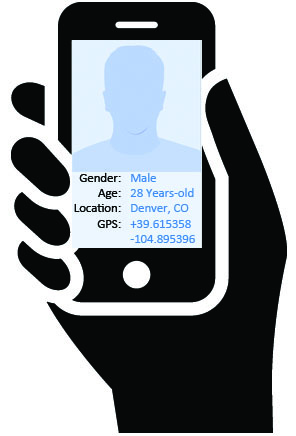Giving Up Our Privacy and Liking It

In a lecture titled “Technology and Public Affairs,” Professor Wolfgang Drechsler from the Tallinn University of Technology in Estonia, challenged the notion that industries and governments should be held accountable for the lack of privacy. He postulates that our growing dependence on web-connected technologies encourages us to surrender our privacy in exchange for the conveniences of its use.
The simple reality is that no matter how careful we are with sharing our private information, some of it has to be surrendered in order for certain technologies to work, especially with communications. The act of sharing an image taken on our smartphones over social media, for instance, clearly demonstrates this point. While this activity seems quite benign, images taken on these devices have the potential of being geo-tagged. Consequently, uploading these on social media portals may grant other users – assuming they have the adequate technical skills – knowledge of one’s location over a period of time. In some way, one could say that we have given in to Big Brother without realizing it, and we seem to “like” it.
This situation in turn leads one to ask if we will ever reach a threshold at which point we refuse to provide sensitive information in exchange for the benefits of digital services. Considering how dependent we continue to become with web-enabled pocket or wearable devices, there is no sign to-date of us sacrificing the benefits of ICT in exchange for greater security. Try as we might to limit the information we share, some of it will always slip through and there is little to be done about it short of giving up these technologies altogether. German sociologist, Friedrich Georg Jünger, once quoted “First we use technology, then technology uses us.”
Food for thought.





